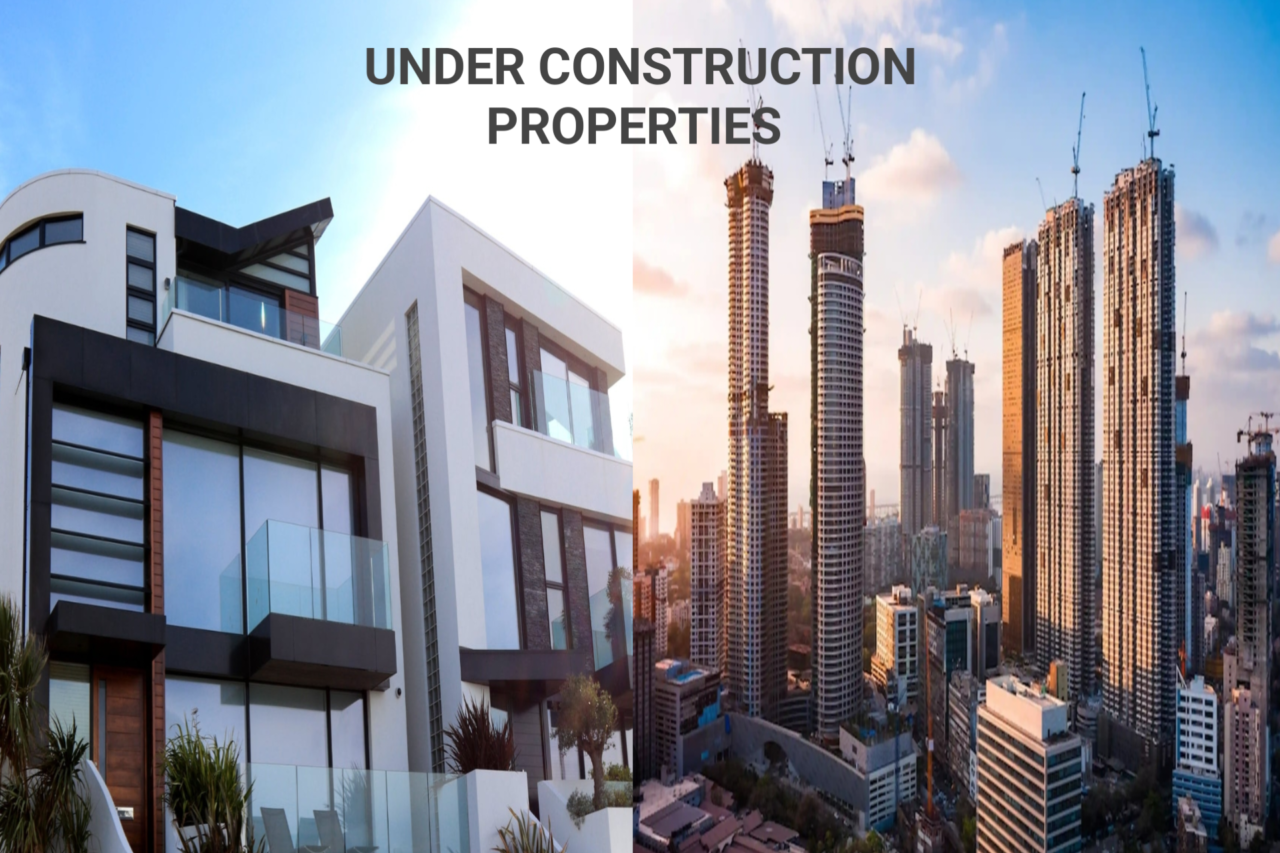Advantages
Lower Cost:
Under-construction properties are typically priced lower than ready-to-move-in ones. As construction is either just beginning or ongoing, you can secure a better rate. If you choose a trustworthy and reputable builder, you can expect an appreciation of 10-15% annually.
Flexible Payment Plans:
Since the property is still under construction, you have a longer period (usually 2-3 years) before possession. This gives you ample time to plan your finances. You can choose to pay from your own savings or opt for a loan. Avoiding loans will save you from paying additional bank interest.
Potential for Higher Appreciation:
Purchasing at a low cost gives you a fixed appreciation of 10-15%. However, in cases where the project is well-planned, and the area is developing, you could see even higher returns, like 15-20%. Always consider the builder’s brand reputation, their track record, and the completion time of previous projects. This helps you gauge the reliability of your investment.
Customization Options:
One significant advantage of under-construction properties is the ability to customize. Whether you wish to upgrade from a 1BHK to a 2BHK or make other changes, builders often allow you to make these adjustments (with permission). This option is rarely available for ready-to-move-in properties.
Check Construction Quality:
When you buy an under-construction property, you can visit the site regularly to inspect the quality of the construction. By interacting with the site engineer, you can ensure that the promised materials and standards are being met.
Disadvantages
Uncertainty in Completion:
One of the biggest concerns is whether the project will be completed on time. Though RERA (Real Estate Regulatory Authority) plays a crucial role in ensuring timely project completion, delays still happen occasionally. Builders may promise a deadline, but unforeseen circumstances can lead to delays.
Impact of Environmental or External Factors:
Factors like environmental concerns, natural disasters, or even global events (e.g., the COVID-19 pandemic) can delay construction. For example, if the local government halts construction for environmental reasons, your project might be delayed by several months. These unpredictable issues can be challenging when buying under construction.
Rental Payments Until Completion:
If you’re currently renting a home while waiting for your under-construction property to be ready, you’ll need to continue paying rent for 2-3 years, which adds up. In contrast, if you purchase a ready-to-move-in property, you can shift immediately and avoid additional rent.
Additional GST Costs:
Under-construction properties are subject to GST, unlike ready-to-move-in properties. GST rates can vary depending on the property’s value, ranging from 1% to 5% in states like Maharashtra. This can increase your overall cost.
Points to Consider When Deciding
Urgency:
If you need to move in immediately, ready-to-move-in properties are the better choice. If you’re not in a rush, then an under-construction property may offer better financial benefits.
Purpose:
The first thing to consider is whether you’re purchasing for residential use or as an investment. If you’re buying to live in, a ready-to-move-in property might be more suitable. However, if you’re looking for investment, an under-construction property from a reputable builder may yield higher returns over time.
Financial Situation:
If you’re on a tight budget, an under-construction property might be a more feasible option. You can take advantage of flexible payment terms, and avoid the higher upfront cost of a ready-to-move-in property.
Customization Needs:
If you want more control over the design and layout of your home, an under-construction property will allow you to make more customizations to suit your taste.
Acknowledgment:
This article was inspired by various expert insights on real estate trends and market dynamics, including valuable tips shared by credible sources. The ideas and strategies discussed are meant to help prospective buyers make informed decisions.

